We gratefully acknowledge the past honorees who have spoken at the annual Gib Walton Lectureship. We are honored by their contributions to the lectureship.
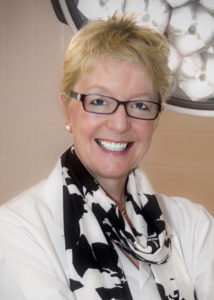
2018
Diana L. Farmer, MD
Chair and Pearl Stamps Stewart Professor, Department of Surgery
Surgeon-in-Chief
UC Davis Children’s Hospital
Sacramento, CA
Speaking on “The Joy of Discovery,” Diana L. Farmer, MD, is an internationally renowned fetal and neonatal surgeon and a recognized leader in pediatric surgery. She is known for her skilled surgical treatment of congenital anomalies and for her expertise in cancer, airway and intestinal surgeries in newborns and for her investigations on the safety and effectiveness of providing spina bifida treatments before birth. Currently, she is researching a novel stem cell therapy for repairing damaged neural tissue in spina bifida patients. Farmer has authored more than 100 peer-reviewed research articles. In 2011, she was elected to membership in the Institute of Medicine of the National Academies, one of the highest honors in medicine.
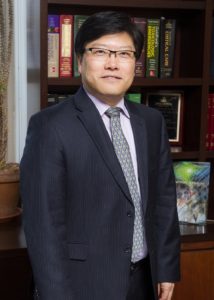
2017
Augustine M.K. Choi, MD
Stephen and Suzanne Weiss Dean, Weill Cornell Medical College
Provost, Medical Affairs of Cornell University
Joan and Sanford Weill Chair and Chief, Pulmonary and Critical Care Medicine
Weill Cornell Medical College
“Can inhaled carbon monoxide at low physiologic dose be a therapy in human diseases?” is addressed in this lecture by Augustine M.K. Choi, MD. Prior to his appointment as dean in January 2017, Dr. Choi served as the Sanford I. Weill Chair and professor of medicine in the Joan and Sanford I. Weill Department of Medicine at Weill Cornell Medicine and physician-in-chief of New York-Presbyterian/Weill Cornell Medical Center. Dr. Choi is an internationally renowned physician-scientist whose research focuses on understanding how respiratory diseases respond to molecular, cellular and genetic signals. His laboratory studies the effect of oxidative stress and inflammation on stress response genes and antioxidant enzymes in the lung. Dr. Choi’s research has advanced the study of carbon monoxide from basic biochemistry to clinical trials, and this lecture will address the question: Can inhaled carbon monoxide at low physiologic dose be a therapy in human diseases?
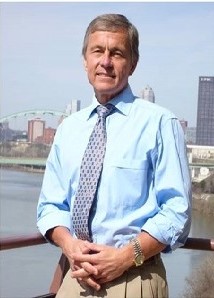
2016
Stephen F. Badylak, DVM, PhD, MD
Professor, Department of Surgery
Deputy Director of the McGowan Institute for Regenerative Medicine
Director of the Center for Preclinical Testing
University of Pittsburgh
In “Harnessing Mother Nature’s Secrets to Advance Regenerative Medicine Therapies,” the extracellular matrix (ECM) represents the ideal microenvironmental niche to support the maintenance, proliferation, differentiation, and self-assembly of representative cell types. Bioscaffolds composed of ECM are prepared by the removal of cells from source tissues and have been used as surgical mesh materials and as scaffolds for tissue reconstruction in a variety of body systems. The in vivo response to implanted bioscaffolds involves a rapid and robust cellular infiltration followed by the recruitment of endogenous stem and progenitor cells and modulation of the local innate immune response. The mechanisms used by Mother Nature to support these events, and to a lesser extent by physicians using such bioscaffolds, are discussed by Dr. Badylak along with future directions for the field of tissue engineering and regenerative medicine.
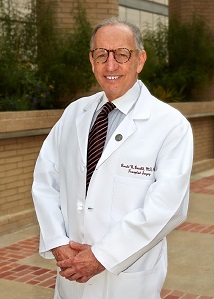
2015
Ronald W. Busuttil, MD, PhD
William P. Longmire, Jr. Chair in Surgery
Distinguished Professor and Executive Chair
Department of Surgery
William P. Longmire, Jr. Chair in Surgery
University of California, Los Angeles
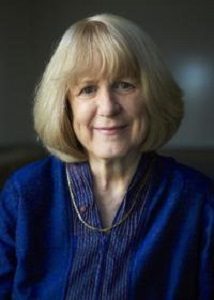
2014
Mary-Claire King, PhD
American Cancer Society Professor
Departments of Genomic Sciences and Medicine
University of Washington

